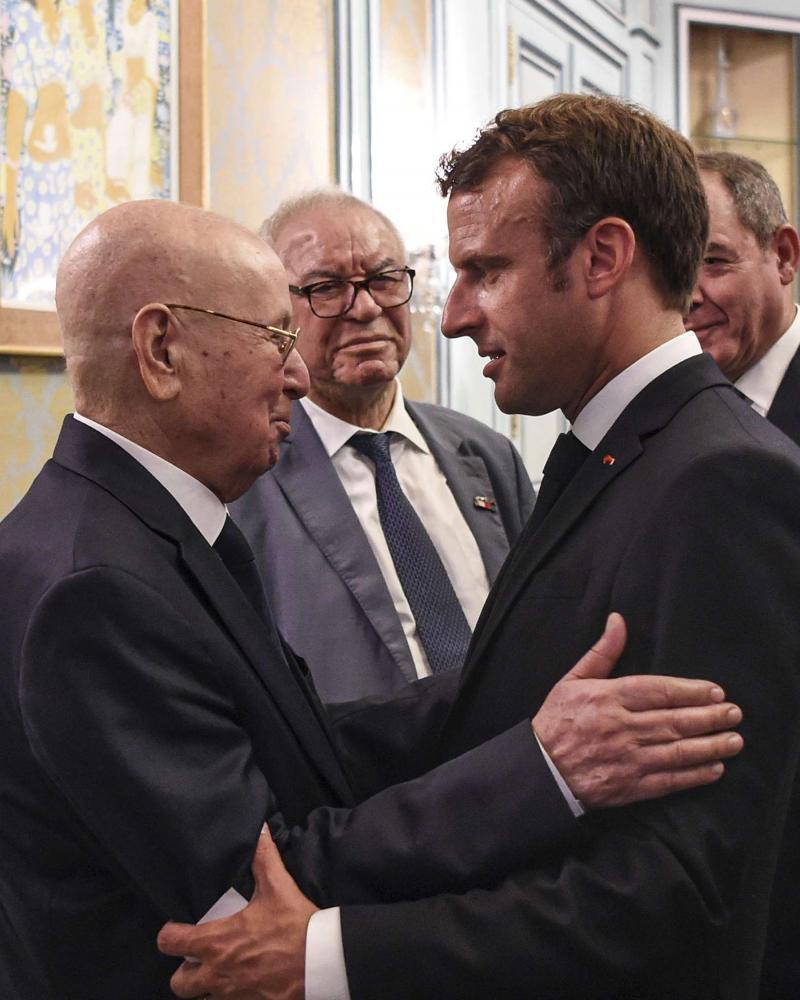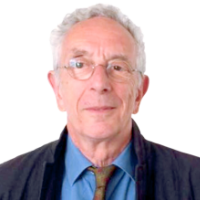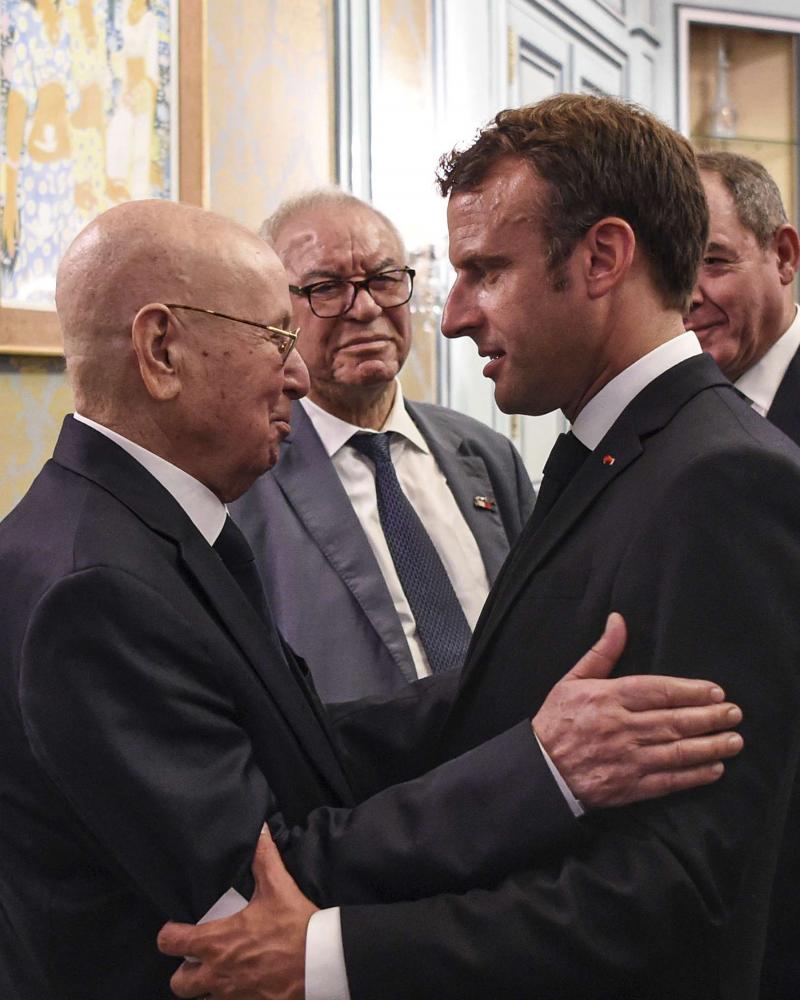Russia and France wary of Algeria’s Hirak six months after onset
When French President Emmanuel Macron and Russian President Vladimir Putin met at the French president’s summer retreat of Fort de Bregancon, they ostensibly discussed the never-ending crises in Syria and Ukraine. No mention was made of Algeria, a country that seldom hits the headlines in the West, except occasionally in France.
August 22 marked six months since the beginning of the popular revolt, referred to as Hirak, against the regime, a revolt that took France, the European Union, the United States and Arab countries, including Algeria’s neighbours, by surprise.
The manner the crisis has unfolded has left seasoned observers and diplomats dumbfounded all the more. Many had predicted violence would be the inevitable outcome of the mass popular revolt. That has not been the case and attempts by authorities to slow internet access or block news websites had little real effect.
Popular mobilisation did not weaken during the summer months as General Ahmed Gaid Salah might have hoped. The Hirak leaders refuse to speak to him or his peers, let alone appoint representatives to any council that would organise elections. They, rightly, believe senior officers have no intention of conducting a fair presidential poll.
If Gaid Salah attempts to organise a presidential election quickly, the lack of candidates will abort the project, as happened in June.
Senior figures in Algerian society advised the Hirak leaders to hold back from any engagement with Gaid Salah until he comes clean with his real intentions.
Foreign leaders who have a stake in Algeria are worried. In the absence of a recognisable US position, France and Russia are the two leading powers with influence in Algeria. Others, such as Germany, Italy, Spain and China and Arab Gulf countries, may have economic interests but they have few if no means of influencing events, the European Union even less.
Neither Russia nor France is keen to see democracy prevail in Africa’s largest country. Many senior French officials convinced themselves that democracy would make Algeria more anti-French, while Russia does not want to lose a rich client such as Algeria as a major purchaser of weapons.
Russia knows the Algerian Army buys more weapons than it needs, that kickbacks to some generals are very lucrative. Gaid Salah has thrown dozens of entrepreneurs in prison on charges of corruption but no case has been brought to court. This suggests he is trying to entertain the crowds but has no intention of cleaning the Augean stables.
French officials know that were cases to be brought to court, many French companies would be shown to be the source of bribes. What is true of French companies is true of others, from Europe to China, whose contracts were a major source of enrichment of the Bouteflika clan.
The corruption charges laid at the foot of Algerian leaders are true enough but it takes two to tango in the system of free trade and Far West capitalism in which we live. What is true in the case of Algeria is true elsewhere.
Best manage international trade — and corruption — behind closed doors. Just imagine if Algeria were to elect a president and deputies democratically, people who had the interests of the country at heart and not simply the urge to line their pockets.
This might give ideas to their peers in the Middle East, to the detriment of Western bankers who thrive on the corruption of dictatorships. Just imagine an Algeria that behaved in a more modern and less corrupt way. Democracy could be contagious, to the horror of many, notably in the Middle East.
So, Macron and Putin might choose to argue that free and fair elections carry the risk of putting Islamists — more particularly the Muslim Brotherhood — in power. However, there is little evidence that such political forces would top the poll.
Scaremongering works well — they might even push the argument and say that free elections would be a gift to Turkey and Qatar, which sponsor the Muslim Brotherhood.
One simply has to listen to any number of young Algerians interviewed on radio in Algeria to appreciate that most are far more sophisticated analysts of their country and their region than many Western think-tanks.
They remain, rightly or wrongly, very attached to what they see as the rights of the Palestinian people, they look upon US President Donald Trump as a holy fool whose sabre-rattling in the Gulf does not serve the interests of anybody, a point of view, interestingly enough, shared by European leaders, including in London.
The Hirak, as is its equivalent in Sudan, is a very deep wave that will not be halted easily. Were French and US leaders capable of strategic thinking and foresight they would welcome it and tell Gaid Salah, politely and strictly in private, that a democratic Algeria would comfort the position of the country’s powerful army, ensure its overall security, not least domestically, and give a huge boost to the much-needed economic reforms that could, in time, help to diversify the economy. Such a change could only comfort France’s long-term interests and those of Europe.
Francis Ghiles is an associate fellow at the Barcelona Centre for International Affairs.
This article was originally published in The Arab Weekly.







